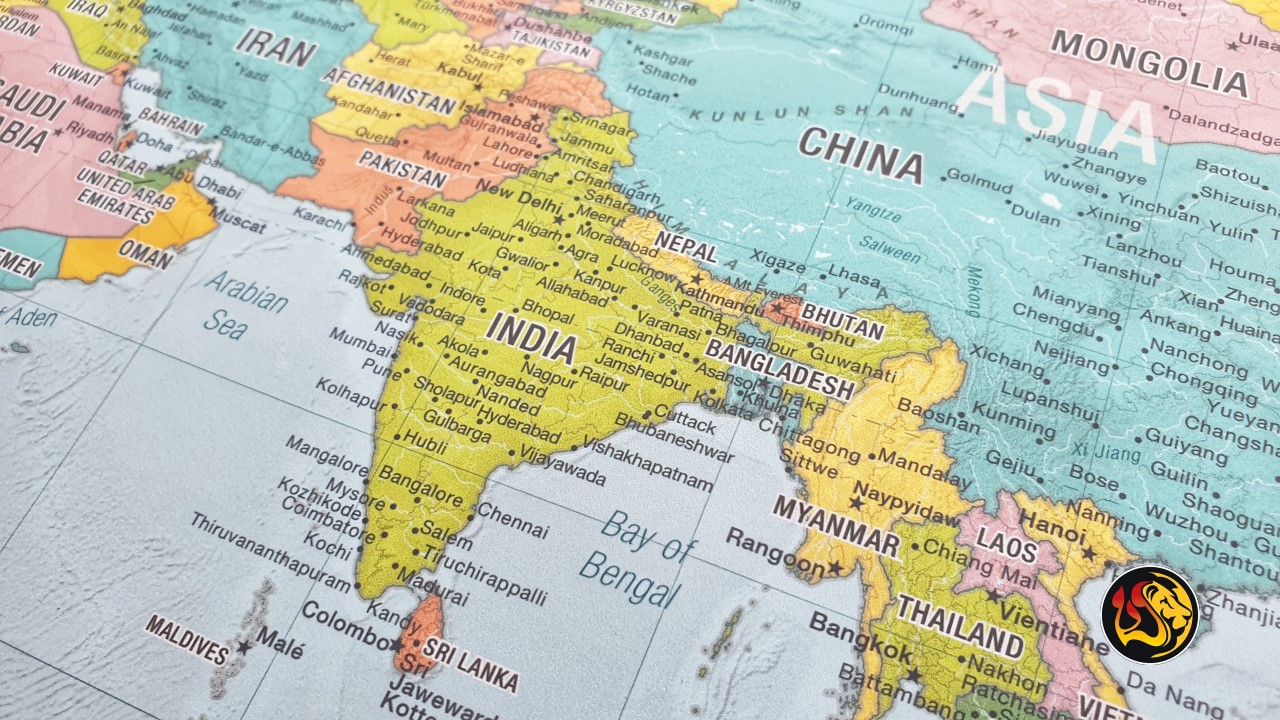By Stefan J. Bos, Chief International Correspondent Worthy News
(Worthy News) - Christians were concerned Wednesday as the Hindu-led government of India’s southwestern state of Karnataka was to table a harsh anti-conversion law amid attacks against churches.
The Karnataka Legislative Assembly headed towards a debate on the legislation during its ongoing Winter Session, despite protests by Christians who already face violence.
The legislators gathered as news emerged that a man with a machete entered a Catholic church compound in Karnataka’s northern city of Belagavi threatening the priest.
The priest, Francis D’Souza, managed to escape, according to security camera footage obtained by Worthy News. “As I got scared and ran out, he followed me,” the priest said.
He filed a police complaint after Saturday’s incident, but police said that while they deployed “additional security” to protect the church, no arrest had been made.
“The accused seems to be of an unstable mind [and] seems to be a repeat offender. We are in the process of tracing the accused,” a man in his thirties, police said in published remarks.
Separately on Sunday, Hindu nationalist activists reportedly raided a prayer meeting in the town of Srinivasapura in Karnataka’s Kolar District, citing “illegal religious conversion.” Police had to intervene to calm tensions, Indian media reported, but there were no immediate reports of serious injuries.
MORE VIOLENCE FEARED
The attacks, the latest in a series of incidents against minority Christians in the state, underscored concerns that the proposed anti-conversion law would add to tensions.
If adopted, Karnataka would be the tenth Indian state to criminalize conversions carried out through force, fraud, or allurement with threats of massive fines or imprisonment.
Critics say it will lead to a crackdown on evangelism and devoted Christian worship by hardline Hindu authorities and groups.
Christians, comprising just over two percent of India’s mainly Hindu population of more than 1.3 billion people, have also endured attacked elsewhere in the country.
In a last-minute appeal, the Archbishop of Bengaluru, Karnataka’s capital, urged the government to withdraw the proposed bill saying it would do no good to anyone.
Archbishop Peter Machado also told reporters that he has “faith in God and faith in the government.”
‘FEELINGS OF HURT’
However, “The government should know that we are hurt,” he stressed.
“The feeling of hurt is the feeling that the government does not trust us, and that is not a good thing.”
Therefore, “I request the government to withdraw it [the proposed anti-conversion bill] as it will not bring good to anyone," he added.
Machado, also president of the All-Karnataka United Christian Forum for Human Rights, led protests against the bill.
In published remarks, he called the bill “nothing but a license” given to Hindu national groups “to attack Christians and persecute them.”
He said the issue of forced conversion had been highly exaggerated. “If our services were aimed at conversion, half of the country would have been Christians by now.”
GOVERNMENT CHRISTIAN SURVEY
A government-ordered investigation into alleged forced conversions in the state in October concluded that none had taken place
The survey of 46 Christian families in two villages reportedly found no evidence of coercion to convert to Christianity.
Machado noted that many of the ruling Bharatiya Janata Party (BJP) studied in Christian schools and received treatment in Christian hospitals “without any of them being forcefully converted.”
A protest against the legislation planned to include around 25,000 people had to be reduced to fewer than 2,000 due to the ongoing Covid-19 situation, Christians said.
Kelachandra Joseph George, Karnataka’s former home minister and a member of the opposition Congress Party, supports the protests saying his party opposes the bill.
But it remained unclear whether his party would be able to convince enough legislators to vote against the controversial law.

